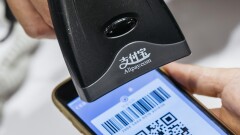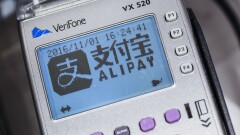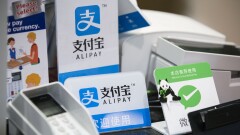Ant Financial's Alipay is massive in China — so much that last summer, the People's Bank of China formally declared that it was illegal for a merchant to block acceptance of renminbi cash notes or coins. This was seen as
Alipay is as much a force to be reckoned with outside of China, but it has taken a strategic approach to foreign markets that downplays its potential as a threat to local payment systems. By operating through partnerships and acquisitions, with a focus on Chinese tourists rather than local spenders, Alipay has built a vast network with global reach.
This item is compiled from reporting by PaymentsSource writers including John Adams, Kate Fitzgerald, David Heun and Michael Moeser. Click the links in each item to read more.














